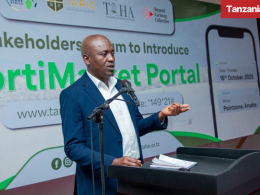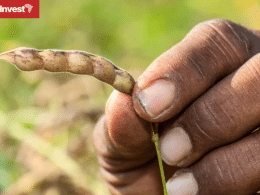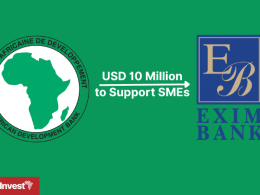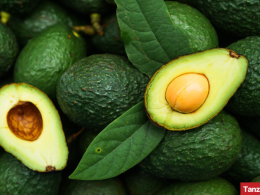Tanzania will receive USD 36 million to strengthen country-wide institutions and activities, improve fishers’ livelihoods, expand the regional business climate and increase private sector investment in the fishing industry.
The financing is part of USD 75.5 million the World Bank Group’s (WBG) has approved to improve the management of fisheries and increase the economic benefits from fishing-related activities for families living in the coastal communities of the South West Indian Ocean region.
“Fisheries are a key contributor to food security, nutrition and job creation for rural coastal populations of the South West Indian Ocean, who are among the poorest and most vulnerable in the region,” said Colin Bruce, World Bank Director of Regional Integration for the Africa Region. “Promoting sustainable use of fisheries, linking smaller operators to new value chains and improving regional cooperation over shared resources will boost shared prosperity in these countries and the entire region.”
Financed by the International Development Association (IDA), the WBG’s fund for the poorest, and USD 15.5 in co-financing trust funds form the Global Environment Facility (GEF), the project will support regional coordination and cooperation to improve the management and sustainable development of fisheries in the South West Indian Ocean and will benefit the countries in the South West Indian Ocean Fisheries Commission: Comoros, Madagascar, Mauritius, Seychelles, Somalia, Kenya, Tanzania, Mozambique, South Africa, Yemen and Maldives.
Three countries in the region, Tanzania, Mozambique and Comoros have already taken steps to develop strategies and institutions to improve fisheries management and marine health through other World Bank projects.
According to the Ministry of Livestock and Fisheries Development of Tanzania the fishing industry contributes 2.9% to the country’s GDP, with artisanal fisheries accounting for 98% and employing 4 million people.
Tanzania total fisheries potential is estimated to be 2,665,360 tons (2009).










